Downtown Legal Services is the community legal clinic operated by the Faculty of Law at the University of Toronto. Our staff and students have been offering free legal assistance to low-income communities and University of Toronto students for over 50 years.
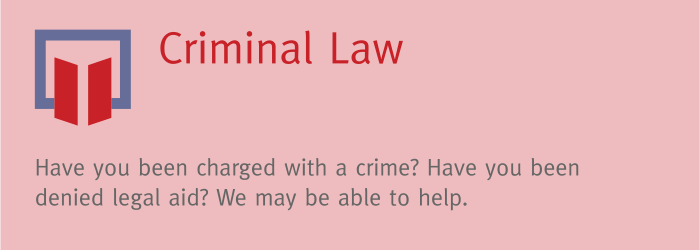
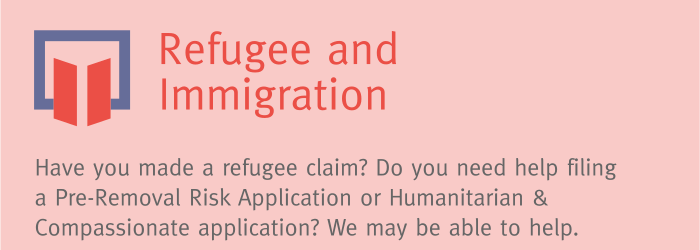
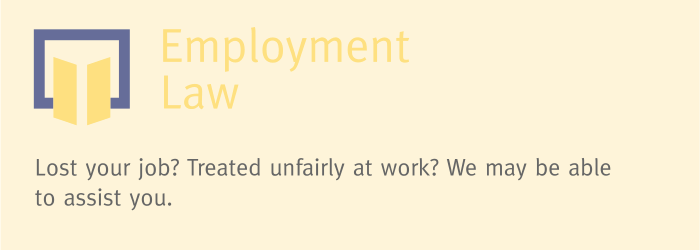


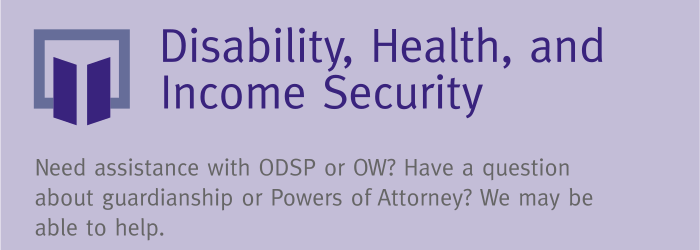
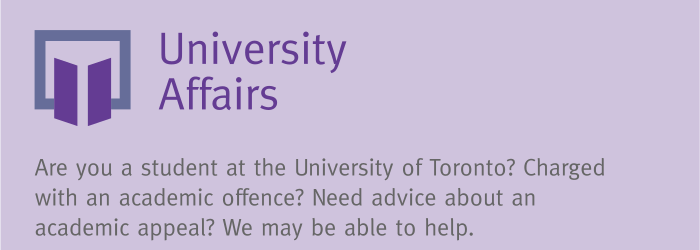
We gratefully acknowledge the funding provided by Legal Aid Ontario, the Law Foundation of Ontario, the Faculty of Law and students at the University of Toronto.
